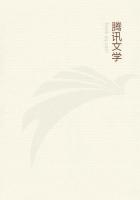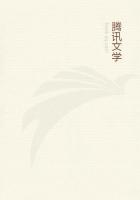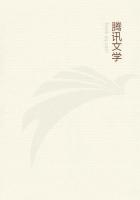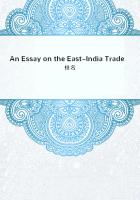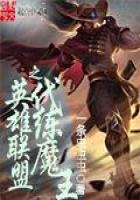A Paraphrase upon Horace, II Book, Satire vi.
At the large foot of a fair hollow tree, Close to ploughed ground, seated commodiously, His ancient and hereditary house, There dwelt a good substantial country mouse:
Frugal, and grave, and careful of the main, Yet one who once did nobly entertain A city mouse, well coated, sleek, and gay, A mouse of high degree, which lost his way, Wantonly walking forth to take the air, And arrived early, and alighted there, For a day's lodging. The good hearty host (The ancient plenty of his hall to boast)
Did all the stores produce that might excite, With various tastes, the courtier's appetite.
Fitches and beans, peason, and oats, and wheat, And a large chestnut, the delicious meat Which Jove himself, were he a mouse, would eat.
And for a haut goust there was mixed with these The swerd of bacon, and the coat of cheese, The precious relics, which at harvest he Had gathered from the reapers' luxury.
"Freely," said he, "fall on, and never spare, The bounteous gods will for to-morrow care."
And thus at ease on beds of straw they lay, And to their genius sacrificed the day.
Yet the nice guest's epicurean mind (Though breeding made him civil seem, and kind)
Despised this country feast, and still his thought Upon the cakes and pies of London wrought.
"Your bounty and civility," said he, "Which I'm surprised in these rude parts to see, Show that the gods have given you a mind Too noble for the fate which here you find.
Why should a soul, so virtuous and so great, Lose itself thus in an obscure retreat?
Let savage beasts lodge in a country den, You should see towns, and manners know, and men;
And taste the generous luxury of the court, Where all the mice of quality resort;
Where thousand beauteous shes about you move, And by high fare are pliant made to love.
We all ere long must render up our breath, No cave or hole can shelter us from death.
Since life is so uncertain and so short, Let's spend it all in feasting and in sport.
Come, worthy sir, come with me, and partake All the great things that mortals happy make."
Alas, what virtue hath sufficient arms To oppose bright honour and soft pleasure's charms?
What wisdom can their magic force repel?
It draws the reverend hermit from his cell.
It was the time, when witty poets tell, That Phoebus into Thetis' bosom fell:
She blushed at first, and then put out the light, And drew the modest curtains of the night.
Plainly the truth to tell, the sun was set, When to the town our wearied travellers get.
To a lord's house, as lordly as can be, Made for the use of pride and luxury, They some; the gentle courtier at the door Stops, and will hardly enter in before; - But 'tis, sir, your command, and being so, I'm sworn t' obedience--and so in they go.
Behind a hanging in a spacious room (The richest work of Mortlake's noble loom)
They wait awhile their wearied limbs to rest, Till silence should invite them to their feast, About the hour that Cynthia's silver light Had touched the pale meridies of the night, At last, the various supper being done, It happened that the company was gone Into a room remote, servants and all, To please their noble fancies with a ball.
Our host leads forth his stranger, and does find All fitted to the bounties of his mind.
Still on the table half-filled dishes stood, And with delicious bits the floor was strewed;
The courteous mouse presents him with the best, And both with fat varieties are blest.
The industrious peasant everywhere does range, And thanks the gods for his life's happy change.
Lo, in the midst of a well-freighted pie They both at last glutted and wanton lie, When see the sad reverse of prosperous fate, And what fierce storms on mortal glories wait!
With hideous noise, down the rude servants come, Six dogs before run barking into th' room;
The wretched gluttons fly with wild affright, And hate the fulness which retards their flight.
Our trembling peasant wishes now in vain.
That rocks and mountains covered him again.
Oh, how the change of his poor life, he cursed!
"This, of all lives," said he, "is sure the worst.
Give me again, ye gods, my cave and wood;
With peace, let tares and acorns be my food."
A Paraphrase upon the Eightieth Epistle of the First Book of Horace.


